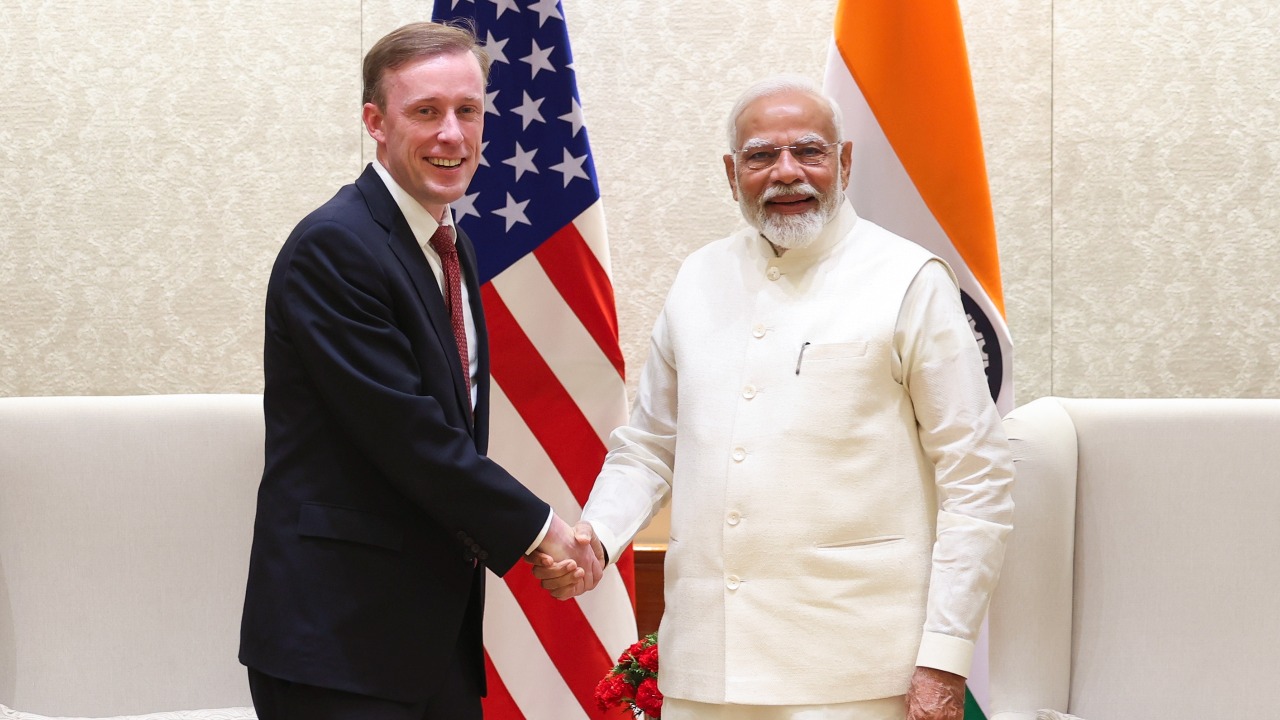"Outrage Over Indian Flag Disrespect: Calls for Action Against Bangladesh"

The Outrage Over Disrespect to the Indian Flag in Bangladesh: Implications for Diplomatic Ties and National Identity
In recent weeks, a controversy has ignited tensions between India and Bangladesh, following an incident at a university in Bangladesh where the Indian flag was allegedly shown disrespectfully. The incident has caused a national uproar in India, leading to calls for boycotts of Bangladeshi businesses and products, particularly in the hospitality and healthcare sectors. The situation has raised significant questions about national pride, the role of symbolism in diplomacy, and the dynamics of India-Bangladesh relations.
The Incident: Alleged Disrespect to the Indian Flag
The controversy began when a video surfaced on social media, reportedly filmed at a university in Bangladesh, showing students desecrating or mishandling the Indian flag in a manner that many perceived as disrespectful. In the video, a group of students is seen in a classroom or lecture hall setting, with one of them holding the Indian flag in a manner that many felt violated the sanctity of the national emblem.
The footage quickly went viral, sparking outrage across India. The Indian flag, a symbol of the nation’s sovereignty and pride, holds immense significance for the Indian public. The sight of it being mishandled in such a manner led to widespread indignation, with many calling it an act of "disrespect" not just toward the flag, but to the Indian people and the entire nation.
The Political Reactions: A Sharp Diplomatic Fallout
The incident did not go unnoticed by Indian political leaders. Both the ruling government and opposition parties in India were quick to express their strong disapproval of the event, with several calling for diplomatic action against Bangladesh. The Bharatiya Janata Party (BJP), in particular, seized on the issue as a means to highlight what they perceived as a growing sense of disrespect toward India on the global stage.
The Indian Ministry of External Affairs (MEA) issued a statement condemning the incident, urging the Bangladesh government to investigate the matter and take appropriate action. India also sought a formal apology, demanding that those responsible for the act be held accountable. Meanwhile, members of the Indian Parliament voiced their frustration over the perceived lack of respect for India’s sovereignty, and some even called for a reevaluation of India's bilateral ties with Bangladesh.
The Bangladesh government, for its part, was quick to distance itself from the incident, calling it an isolated event and emphasizing that the act did not represent the views of the broader Bangladeshi population. The authorities promised to investigate the matter, with some officials expressing regret over the controversy. However, this response did little to quell the outrage in India, where the incident was seen not as a mere lapse in etiquette, but as an affront to national honor.
Boycotts and Economic Repercussions: Indian Hospitals and Hotels Take a Stand
In response to the incident, several Indian businesses, particularly in the hospitality and healthcare sectors, have announced boycotts of Bangladeshi products and services. Indian hotels and restaurants, particularly those with branches in Bangladesh, began to display strong opposition by suspending or halting operations linked to Bangladeshi affiliations. Some of India’s leading private hospitals, which have catered to patients from Bangladesh for years, also expressed their intent to cut ties with Bangladeshi medical institutions and patients.
These boycotts are largely symbolic but are significant in terms of how they reflect public sentiment. Indian citizens’ emotional investment in the national flag and their perception of national pride have spilled over into the economic domain. For many in India, the flag is not just a symbol but a reflection of the sacrifices made by countless Indians in the struggle for independence, and any perceived disrespect toward it is seen as an insult to their collective history and identity.
While the boycotts are unlikely to cause substantial economic disruption, they serve as a strong reminder of the power of national pride in shaping public behavior and economic decisions. This cultural backlash also underscores how sensitive issues of national symbolism can affect cross-border relations.
Rising Nationalism and Communal Tensions in India
The controversy surrounding the Indian flag in Bangladesh has sparked a larger debate on nationalism within India. Over the past few years, India has seen an increase in nationalist sentiments, often tied to the symbols of the nation, including the flag, the national anthem, and the image of historical leaders. The current incident has reignited the passion for national pride, particularly in the context of India's growing stature on the world stage.
However, this surge in nationalism has also been accompanied by rising communal tensions. The incident in Bangladesh is being seen by some as a reflection of broader regional dynamics, where historical grievances and religious divides influence contemporary politics. For many, the incident represents a manifestation of anti-India sentiment in the region, which feeds into a larger narrative of cultural and religious differences.
While India-Bangladesh relations have largely been characterized by cooperation, especially in areas such as trade, energy, and security, there are undercurrents of distrust that occasionally flare up. The Bangladesh Liberation War of 1971 and the role that India played in securing Bangladesh’s independence remain a source of pride for both countries, but also a reminder of the complexities in their bilateral ties. Issues like border security, illegal immigration, and the treatment of minorities have, at times, strained relations, and the flag incident has added another layer to these sensitivities.
Diplomatic Implications: Navigating the Fallout
The incident has also brought to the forefront the delicate nature of diplomacy in South Asia. India and Bangladesh share a deep and multifaceted relationship, underpinned by historical, cultural, and economic ties. However, events like this demonstrate how easily public sentiment can sour, and how swiftly national pride can escalate into a diplomatic crisis.
In navigating this fallout, both governments must tread carefully. Bangladesh, as a smaller neighbor, faces the challenge of managing its response to India’s demands for accountability, while avoiding the appearance of undermining its own sovereignty or offending its populace. Meanwhile, India, as a regional power, must balance its calls for justice with the recognition that overreaction could damage long-term ties with Bangladesh, which could have broader geopolitical consequences.
At the same time, there is a need for both countries to focus on dialogue and mutual respect. Leaders in both nations must work to reassure their citizens that while issues of national pride are important, they should not overshadow the broader goals of regional cooperation and peaceful coexistence. The recent incident, though deeply emotional for many in India, must be seen in the context of the wider relationship, which has largely been positive in recent years.
Conclusion: The Road Ahead
The controversy over the alleged disrespect to the Indian flag in Bangladesh has highlighted the deep emotional attachment Indians have to their national symbols and the fragile nature of international relations. The incident, though seemingly minor in isolation, has triggered a chain reaction of boycotts, political outbursts, and rising nationalism that is reshaping the discourse around India-Bangladesh relations.
As both countries navigate the aftermath, it is crucial for leaders and diplomats to prioritize open communication, mutual respect, and a focus on shared interests. While national pride is an essential component of any country’s identity, it is equally important to ensure that such pride does not devolve into hostility, and that diplomatic ties are strengthened rather than weakened by short-term crises.
Ultimately, this incident serves as a reminder of the power of symbols and emotions in shaping national identities and international relations. How India and Bangladesh choose to handle the fallout will determine not only the future of their bilateral ties but also the broader dynamics of South Asian diplomacy in the coming years.
Posted By: Ashish kumar
.gif)
.gif)



(1).png)

%20(600%20%C3%97%20386px)%20(600%20%C3%97%20329px)%20(500%20%C3%97%20281px)%20(450%20%C3%97%20281px)%20(450%20%C3%97%20253px)%20(386%20%C3%97%20238px).jpeg)
%20(600%20%C3%97%20386px)%20(600%20%C3%97%20329px)%20(500%20%C3%97%20281px)%20(450%20%C3%97%20281px)%20(450%20%C3%97%20253px)%20(450%20%C3%97%20250px).jpeg)
.jpg)
.jpeg)